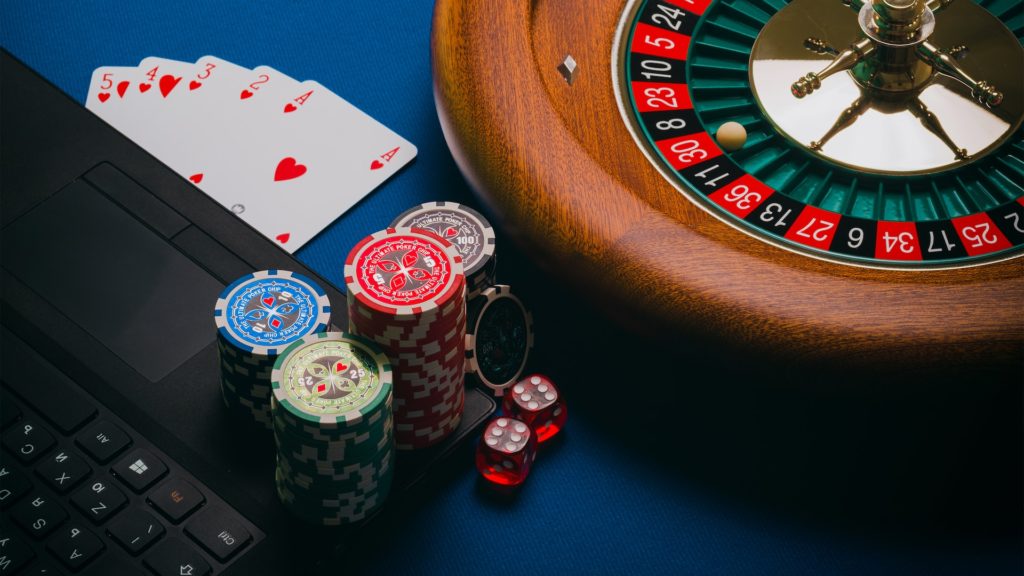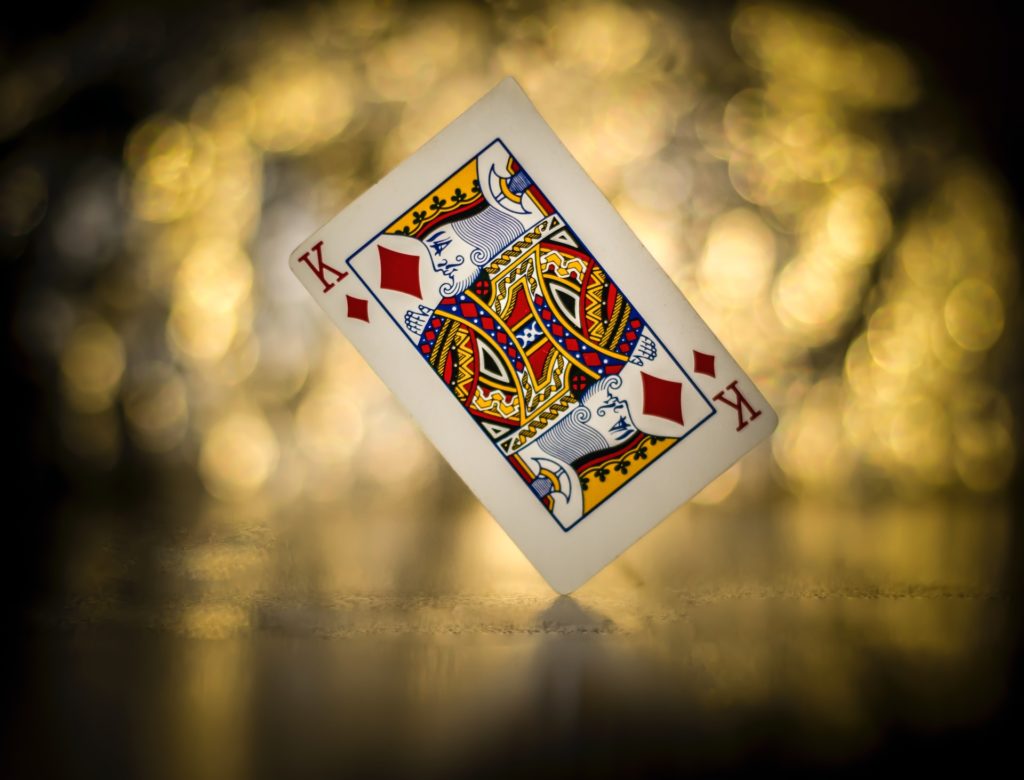Gambling, an activity steeped in history and intrigue, captivates millions worldwide. It’s not solely about the allure of winning but the intricate psychological elements that draw people into this world. This article delves into the psychology of gambling, unraveling the various emotional, cognitive, and social factors at play. Here, we explore eight key reasons why gambling is more than a mere game of chance, offering a deeper understanding of its enduring appeal.
Key Takeaways
- Understanding the psychological factors behind gambling can demystify its widespread appeal.
- Gambling is influenced by a mix of emotional excitement, cognitive biases, and social interactions.
- Recognizing these factors can provide insights into personal gambling behaviors and broader social phenomena.
1. The Thrill of Risk and Reward
Human beings are inherently attracted to the balance between risk and potential reward. This dynamic is particularly pronounced in gambling, where the possibility of winning big can activate the brain’s reward pathways, creating an adrenaline rush and a sense of euphoria.
Whether it’s the suspense of waiting for the right card to turn or the spin of the roulette wheel, this thrill often outweighs rational risk assessments. It’s a powerful force that taps into our deepest desires for success and achievement, making gambling an irresistible draw for many.

2. The Illusion of Control
Gamblers often fall prey to the belief that they can influence outcomes, a psychological bias that makes gambling particularly enticing. In games of skill like poker, this might involve strategies and experience, while in games of chance like slot machines, it could manifest as superstitions or rituals.
This illusion of control provides a false sense of empowerment, making the player feel they are masters of their fate, which can be particularly seductive in a world where so much is beyond our control.
3. Social Aspects and Community
Gambling is frequently a communal activity, fostering a sense of belonging and camaraderie. In casinos, bingo halls, or even online platforms, individuals find themselves part of a group with a shared focus. This social aspect can be as compelling as the gambling itself, offering an opportunity for social interaction, a sense of community, and even friendships.
For some, the social environment surrounding gambling can be a primary draw, where the excitement of the game is enhanced by the collective experience.
4. Escapism and Entertainment
For many, gambling serves as a form of escapism, a way to break free from the monotony or stresses of daily life. It provides a form of entertainment that is engaging and immersive, offering a world of excitement and unpredictability.
The vibrant atmosphere of a casino, the suspense of the bet, and the potential for a win allow individuals to step outside their routine, offering a temporary refuge from everyday worries and responsibilities. This escapism can be a powerful motivator, especially in times of stress or boredom.
5. The Lure of the Jackpot
The chance to win a substantial sum of money, often life-changing, is a significant draw for many gamblers. This allure is not just about the money itself but what it represents – freedom, luxury, and the ability to fulfill long-held dreams.
The thought of instantly transforming one’s life circumstances can be overwhelmingly enticing, creating a powerful drive to keep playing despite the odds. It taps into the universal desire for a Cinderella story, where fortune favors the bold, and dreams can become reality.

6. Conditioning and Habituation
Regular engagement in gambling can lead to the development of habit patterns. The unpredictable nature of winning and losing creates a psychological pattern akin to conditioning. This intermittent reinforcement – the unpredictability of the reward – is known to be particularly effective in establishing habitual behaviors.
Over time, gambling can become a routine part of life, with the highs of winning and the lows of losing reinforcing the behavior. This conditioning can make it challenging to break the cycle of gambling, as it becomes ingrained in one’s daily or weekly routine.
7. Cognitive Biases and Fallacies
Gamblers often succumb to cognitive biases, like the gambler’s fallacy – the belief that past events can influence future outcomes in games of pure chance. These biases can lead to irrational decision-making and continued gambling. For instance, after a series of losses, a gambler might believe that a win is “due,” despite each event being independent and random.
These cognitive distortions skew perception and decision-making processes, often leading to prolonged gambling sessions as individuals chase losses or try to capitalize on perceived “hot streaks.”
8. The Impact of Near-Misses
Near-misses, where outcomes are close to a win, significantly impact gambling behavior. These events, like a slot machine showing two out of three required symbols, can be almost as stimulating as a win.
They create a sense of increased skill or control, making the player believe they are getting closer to a win, fueling their motivation to continue. This phenomenon plays into our natural tendency to recognize patterns and can keep gamblers engaged longer than they might have been otherwise, constantly chasing the elusive win that feels just within reach.
Conclusion
The psychology of gambling is a complex and multi-dimensional subject. By understanding the various factors that drive this behavior, from the thrill of risk-taking to the allure of a jackpot, we can gain a deeper appreciation of why gambling remains a popular pastime. This insight is not only fascinating from a psychological perspective but also crucial in fostering responsible gambling practices and addressing problem gambling. Ultimately, the psychology of gambling reveals much about human nature and our interaction with chance, risk, and reward.











